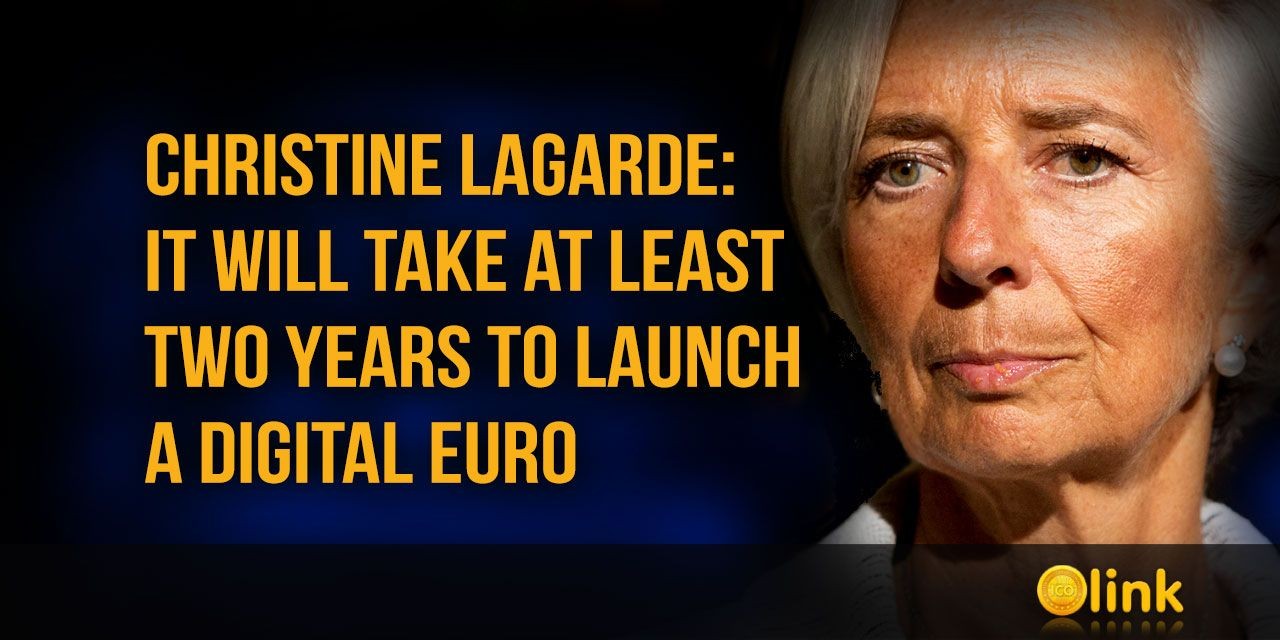Christine Lagarde: It will take at least two years to launch a digital euro
The Journey to a Digital Euro: Balancing Privacy and Transparency
In the rapidly evolving world of digital finance, central banks worldwide are grappling with the notion of introducing digital versions of their currencies. The European Central Bank (ECB) is no exception. At its helm, President Christine Lagarde recently offered some insights into the challenges and timeline for a potential digital euro.
Christine Lagarde, the esteemed President of the ECB, stated that the rollout of a digital euro might span a minimum of two years. The delay, she highlights, is largely due to the inherent complexities in ensuring users' privacy while also maintaining requisite transparency.
During a session with the European Parliament's economic committee, Lagarde delved deeper into these intricacies. Central bank digital currencies (CBDCs) are novel, and their introduction demands a meticulous balance between two seemingly opposing forces: privacy and transparency.
The need for this balance becomes even clearer when considering the possible limitations on digital euro transactions and storage. If the ECB implements these constraints, the digital euro might become fully traceable. The intent behind these restrictions is noble — to combat money laundering robustly and to prevent potential disruptions in the commercial banking system by significant digital euro holders.
However, amidst these challenges, Lagarde is clear on one thing: the digital euro should prioritize user privacy. While it might not offer complete anonymity, it promises to be a medium that respects its users' rights. Furthermore, a government-backed digital currency should not only be secure but also user-friendly, cost-free, and widely accessible.
Lagarde also mentioned an upcoming decision by the ECB's Governing Council. By October, the council will ascertain if the digital euro's pilot project will proceed to its next phase.
In an ever-serious world of finance, a lighthearted moment occurred in April. Pranksters, feigning representation of Ukrainian President Vladimir Zelensky, managed to secure a faux interview with Christine Lagarde. Amidst the jest, Lagarde shared a perspective that underscores the digital euro's potential power: with it, governments can have better oversight over user payments.
The digital transformation of traditional currencies is imminent. However, as with any significant change, it comes with its set of challenges. The ECB, under Lagarde's guidance, seems poised to approach these challenges with a blend of caution and ambition. As the world waits, the balance between privacy and transparency will be the digital euro's defining narrative.




